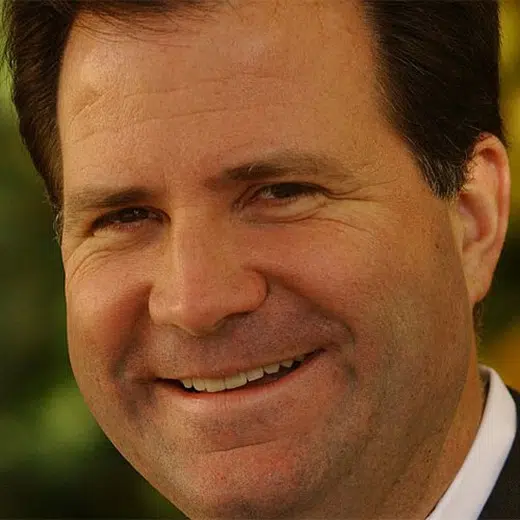By Sudipto Ganguly
(Reuters) – China’s influence over the Women’s Tennis Association probably reached its zenith in 2018, when Shenzhen bagged a 10-year deal to host the WTA Tour finals with a breathtaking bid that doubled the prize pot to $14 million-a-year.
Now its future in the country is in doubt over the case of former doubles world number one Peng Shuai, who has not been seen or heard from publicly since she said on Chinese social media on Nov. 2 that former vice-premier Zhang Gaoli coerced her into sex and they later had an on-off consensual relationship.
Neither China nor Zhang have commented on Peng’s allegation. Her social media post was quickly deleted and the topic has been blocked from discussion on China’s heavily censored internet.
The WTA’s aggressive expansion into China had begun a decade earlier, just before the 2008 Beijing Olympic tennis tournament was played out in a state-of-the-art new facility, with the tour opening an Asia-Pacific headquarters in the Chinese capital.
Local interest in the sport was fuelled by Li Na winning the 2011 French Open and, although her breakthrough was not followed by more Chinese success on court, the expansion continued.
In 2008, China hosted just two WTA events. That grew to nine by 2019.
According to figures provided by the WTA, the total prize money on offer for those nine tournaments totalled $30.4 million, including the $14 million for the first edition of the season-ending WTA Finals in Shenzhen.
By doubling the Finals prize pot – which was $5 million more than the men’s 2019 ATP Finals in London – and promising to build a new 12,000-seat venue, Shenzhen saw off rival bids from Singapore, Manchester, Prague and St Petersburg to bag a 10-year deal for the prestigious event.
WTA Chief Executive Steve Simon described the deal as “easily the largest and most significant Finals deal in the 45 years since the WTA was founded”.
‘BUSINESS IS SECONDARY’
Before the Shenzhen agreement, the WTA had also announced a 10-year deal starting 2017 with streaming platform iQiyi as its digital rights partner in China, reportedly worth $120 million.
But Simon said the WTA was prepared to walk away if it was not satisfied with the response to Peng’s allegation.
“We’re definitely willing to pull our business and deal with all the complications that come with it,” he told CNN on Thursday.
The WTA had already called for assurances that Peng was safe and a transparent investigation.
“Our sport is focusing on the health and safety of Peng Shuai, business is secondary,” Stacey Allaster, who was the WTA’s CEO from 2009-15, told Reuters this week. “This is a very important moment for the WTA’s business and history.”
In the past China has been quick to respond to any criticism from outside.
Two years ago, after then-Houston Rockets general manager Daryl Morey made comments in support of the democracy movement in Chinese-ruled Hong Kong, state broadcaster CCTV stopped broadcasting NBA games.
The NBA apologised and his tweet was deleted, though it was 15 months before another Houston game was shown on Chinese TV.
Last month, Boston Celtics highlights were removed from China’s Tencent Holdings Ltd’s sports platform after centre Enes Kanter criticized Chinese President Xi Jinping and China’s treatment of Tibet.
After all its China tournaments were wiped out in 2020 due to COVID-19, Simon had told Reuters that a significant amount of WTA’s revenues came from the country.
Its showpiece Finals were cancelled last year and in 2021 moved to Guadalajara in Mexico, although the WTA, before Peng’s allegation came to light, said it would return to Shenzhen from 2022 until 2030.
(Reporting by Sudipto Ganguly in Mumbai; Editing by Alex Richardson)






